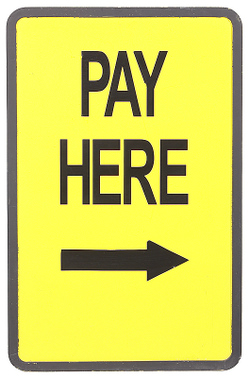|
|
 Many years ago, I shifted our agency from the traditional agency billing model of hourly fees to a value-based fee model. It’s a huge departure from how 99% of all agencies charge for their time.
Many years ago, I shifted our agency from the traditional agency billing model of hourly fees to a value-based fee model. It’s a huge departure from how 99% of all agencies charge for their time.
But I believed (and still do) that hourly based fees undermined the work we did and actually encouraged our clients not to call us.
Think about it. Let’s say we’re doing a project for you and the price is $5,000. Or…on the flip side, we are doing the same project, but it’s $200/hour.
If you have a question — under which pricing model are you more likely to call and discuss your question for 45 minutes? Or…which pricing model allows you to build your budget and have confidence that the project will not go over?
It also allows us to do better work. Clients don’t care how much time we invest in a project. Until we’re billing by the hour. Then, all of a sudden, it’s an issue. With value-based pricing, everyone wins. We get to spend the time we need to on a project and the client gets exactly what they needed at the price that they agreed to. Who can argue with that?
I’ve noticed that more and more service professionals are also beginning to shift to a value based model. It makes sense. Over at IowaBiz, Rush Nigut says that many attorneys are recognizing that unlike manual laborers…they are not really selling their time. They are selling their expertise and beginning to bill accordingly.
How about you? How are you pricing your products/services? Want a little help in figuring out how to get the fees you deserve?
RainToday.com, which I have raved about before, is offering a free 39-page report called "The One Piece of Advice You Need To Get The Fees You Deserve." Download it and absorb the wisdom!
